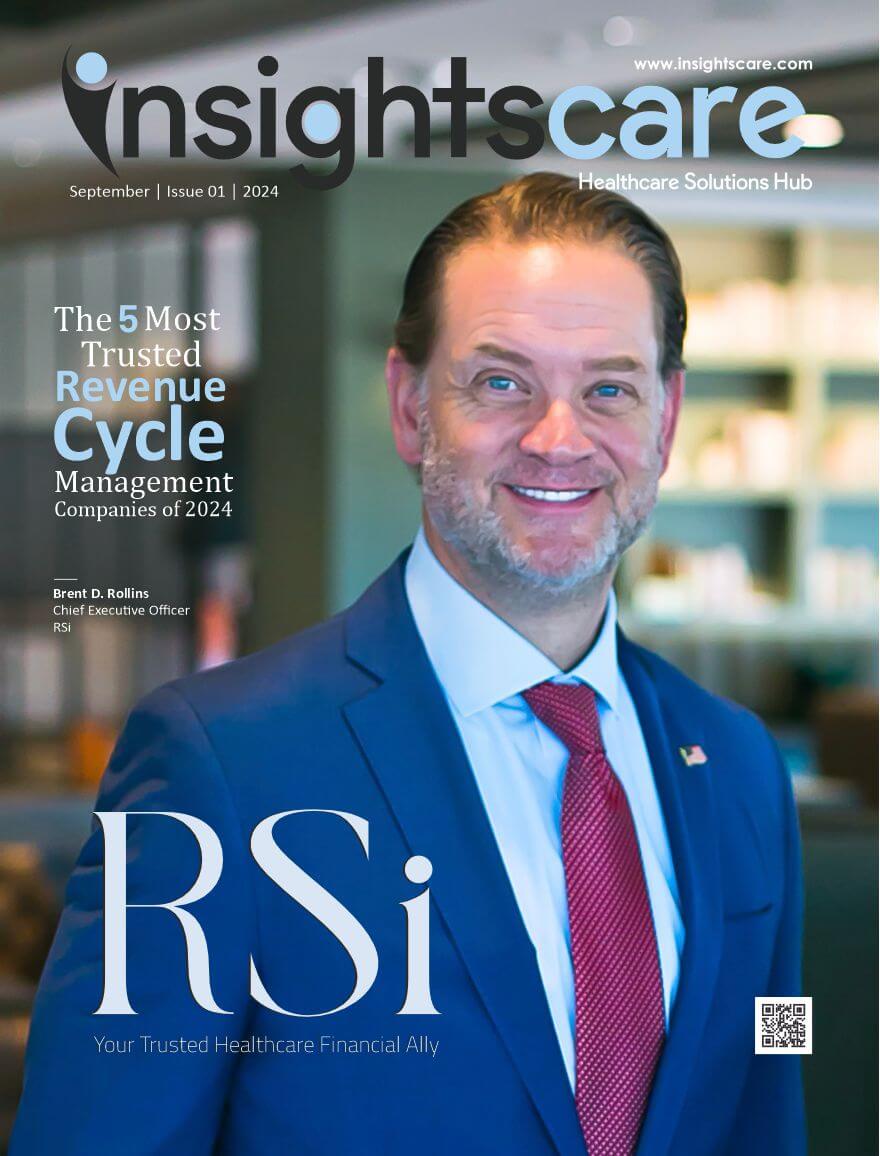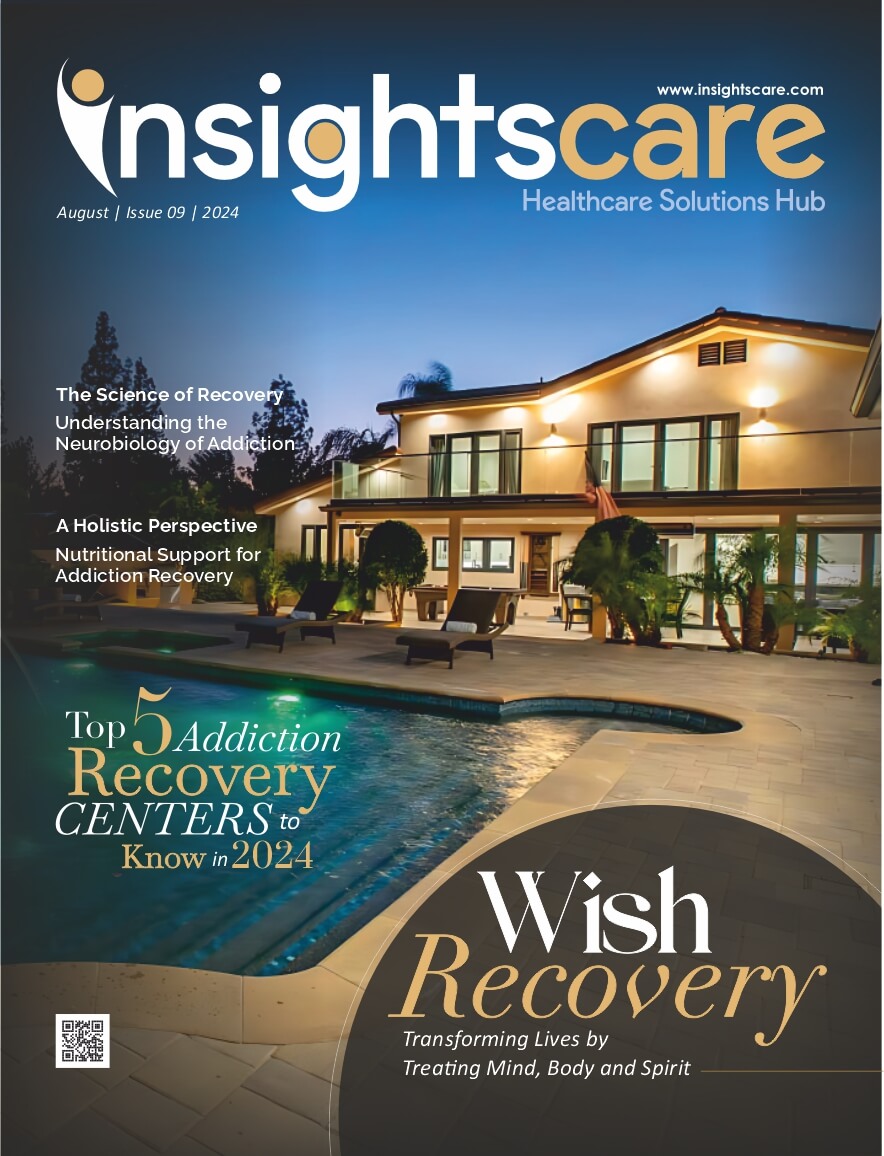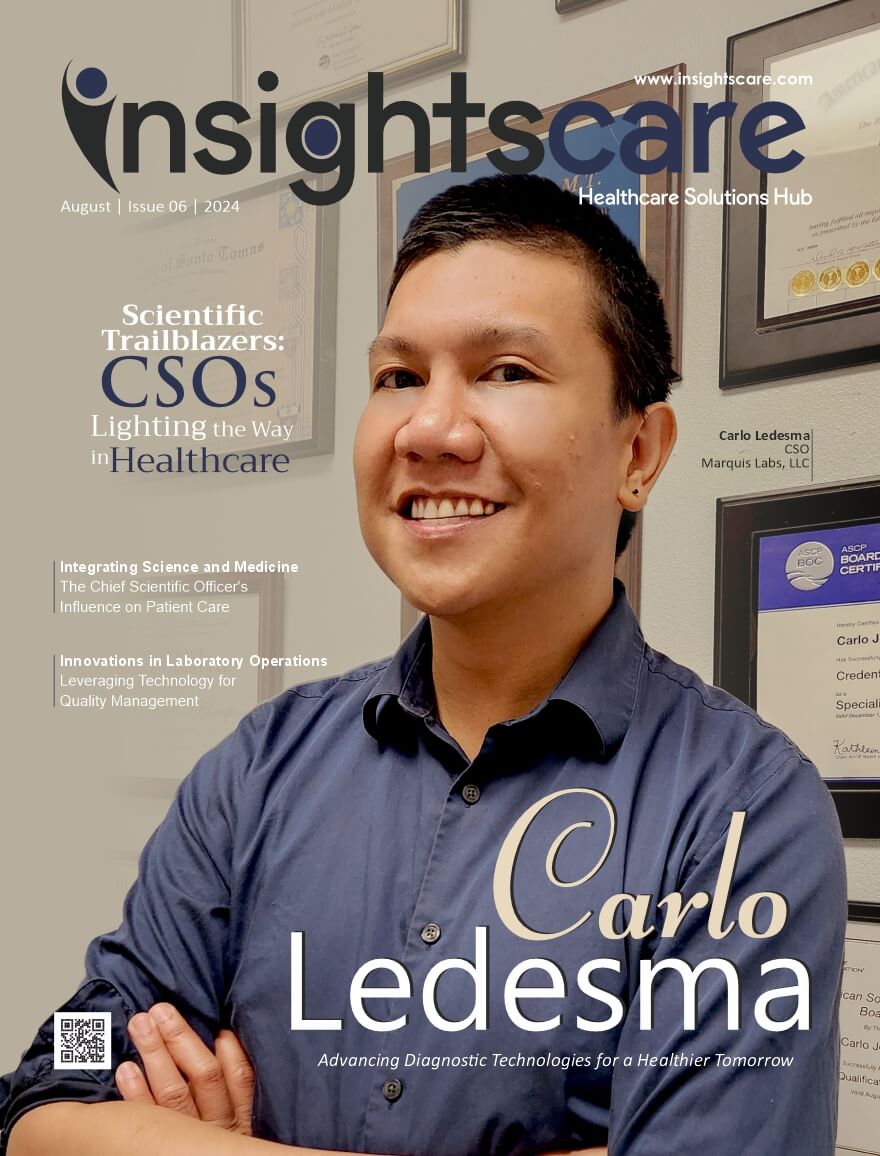A recent study published in The Lancet indicates that sleeping with the lights on can disrupt your circadian rhythm and increase the risk of developing diabetes. The population is nearly evenly split between those who prefer absolute darkness when sleeping and those who keep a dim light on. For some, such as individuals with night blindness or the elderly who need to avoid falls, night lights are not just beneficial but necessary.
However, many people choose to use night lights purely out of preference. If you are one of them, there’s concerning news. The study suggests that keeping a light on while sleeping can raise your diabetes risk.
Despite humanity’s advancements, we still share much with our ancestors, including our circadian rhythm. The light bulb, invented by Thomas Edison less than 200 years ago, significantly altered our natural sleep patterns. For millions of years before that, humans woke with the sunrise and slept after sunset. Our physiological processes, like hormone secretion and metabolism, adapted to this natural cycle.
When you keep a light on at night, it disrupts your body’s evolutionary need for darkness during sleep, causing disturbances in these processes. Light reaching the retina sends signals through the optic nerves to the brain’s master clock, coordinating the central and peripheral nervous systems. Exposure to light upon waking triggers an increase in serum cortisol levels, signaling the start of the day. Conversely, fading daylight at sunset increases melatonin secretion, indicating the start of the biological night.
The Lancet study found that artificial light during the evening and night interferes with these natural processes, suppressing melatonin secretion. This disruption is associated with increased risks of conditions such as obesity, type 2 diabetes, and hypertension, especially with prolonged exposure to light at night.
Read More: Click Here















